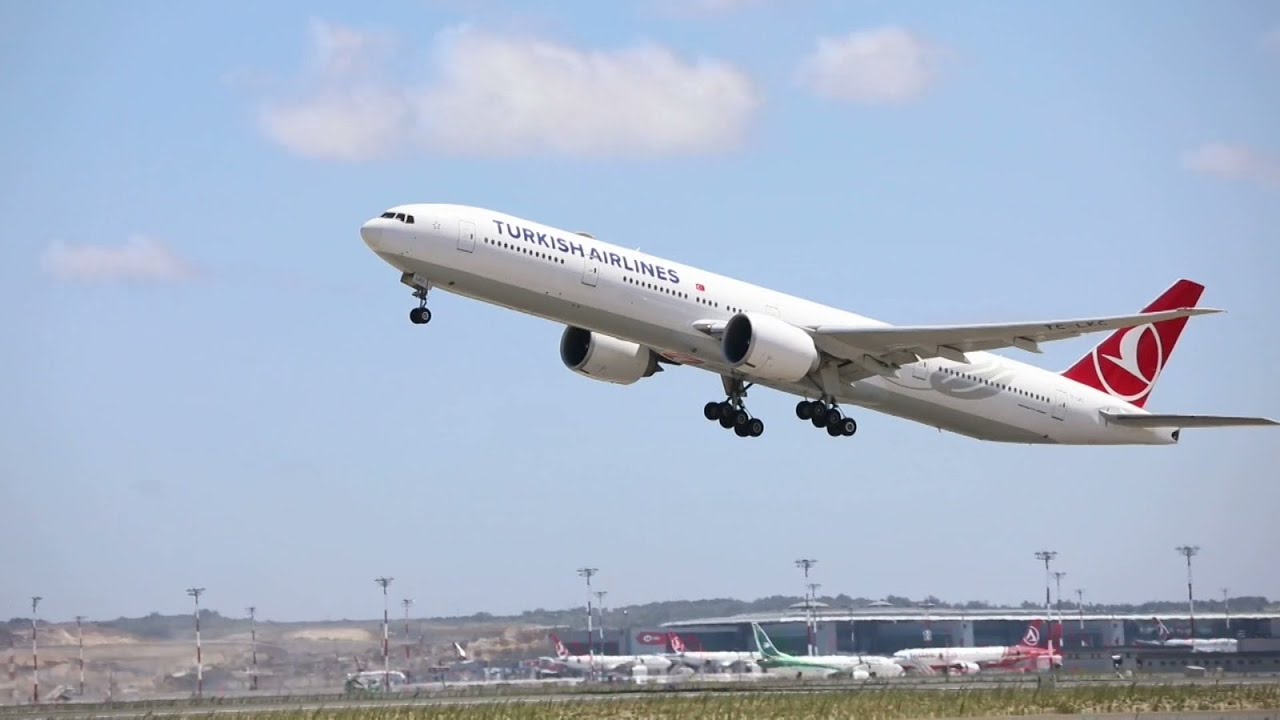The Federal Government initiates the construction of Section I, Phase 1A of the Sokoto-Badagry Superhighway, with Hitech Construction (Nig.) Ltd as the main contractor.
The flag-off ceremony takes place on Thursday, October 24, 2024, in Ilelah town, Sokoto State.
According to a statement from the Ministry of Works, this 120-kilometer section will consist of six lanes—three in each direction, separated by landscaped medians—and will be built with rigid concrete pavement to ensure durability and long-term performance.
Minister of Works, David Umahi, states that Hitech was selected for its proven ability to meet project timelines and specifications, leveraging modern equipment and skilled labor. He highlights Hitech’s successful completion of similar projects, including the Apapa-Oshodi Expressway in Lagos, and their current involvement in the Lagos-Calabar Coastal Highway.
“The Minister indicates that the choice of rigid concrete pavement is aimed at ensuring longevity, while the selection of Hitech Construction (Nig.) Ltd is based on their capacity to deliver projects according to specifications and schedules, supported by advanced equipment and skilled personnel. The firm has previously executed similar work on the Apapa-Oshodi Expressway and is actively working on the Lagos-Calabar Coastal Highway,” the statement notes.
Umahi underscores that this project marks a significant development after 48 years, initially proposed during former President Shehu Shagari’s administration.
Additional details reveal that during the ceremony, Engr. Bakare Umar, Director of Highways, Construction and Rehabilitation, alongside Engr. Musa Seidu, representing the Director of Highways, Bridges and Design, characterizes the 1,068-kilometer Sokoto-Badagry Superhighway as a Trade, Transport, and Security (TTS) Greenfield corridor.
The highway will pass through multiple states, including Sokoto, Kebbi, Niger, Kwara, Oyo, Ogun, and conclude in Lagos. The project is expected to lower transportation costs, enhance trade, improve connectivity, and promote economic efficiency and integration. Additionally, it will connect existing border towns and routes, facilitating access and bolstering trade, security, and regional collaboration.













